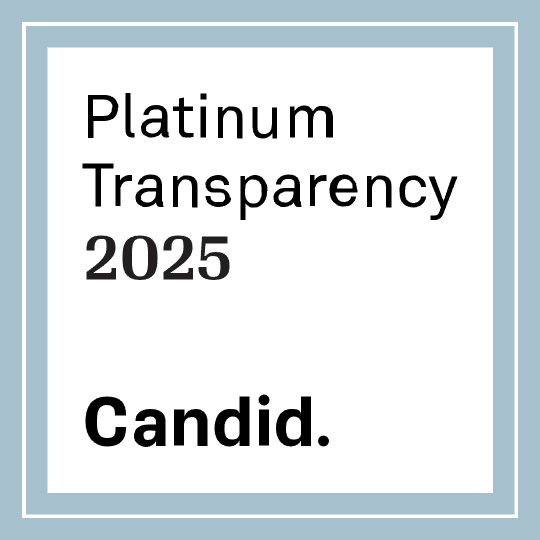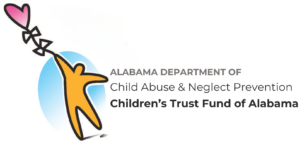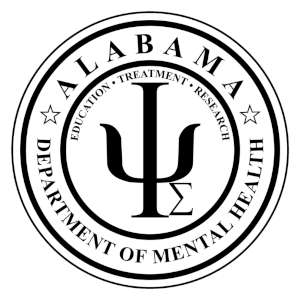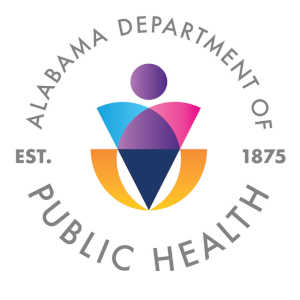If you find it difficult to control or moderate your alcohol use, taking a step back and quitting is the first step toward a healthier life. But for many people, it can bring unexpected emotional challenges.
One of the most common is depression.
If you’ve stopped drinking and now feel depressed, you’re not alone. People regularly report feelings of depression or sadness when they stop drinking alcohol. Due to the ways alcohol changes the brain and what the body goes through when you stop drinking, feeling depressed is normal, and even to be expected, however, there are ways you can cope.
Why Depression Happens After Quitting Alcohol
Alcohol affects the brain’s chemistry by altering levels of dopamine and serotonin. These are chemicals that affect mood and emotional regulation, part of why people may feel “good” or “happy” when they’re under the influence.[1]
But when you stop drinking, your brain needs time to adjust. That adjustment period can cause emotional lows, including depression.
Here are a few reasons why depression might follow quitting drinking:
- Chemical imbalance: Your brain is resetting without the influence of alcohol.
- Suppressed emotions: Alcohol does a really good job at masking feelings. Once it’s gone, those emotions can surface.
- Lifestyle changes: Your routines and social life may shift drastically, resulting in feelings of sadness or emotional instability.
- Withdrawal symptoms: Even after detox, post-acute withdrawal syndrome (PAWS) (withdrawal symptoms that persist after the initial period of detoxification) can linger for weeks or months.[2]
Depression can look different for everyone, and it’s not always outwardly obvious to other people. Common symptoms of depression include:[3]
- Persistent sadness or emptiness
- Loss of interest in hobbies or socializing
- Fatigue or low energy
- Trouble sleeping or oversleeping
- Changes in appetite
- Feeling hopeless, worthless, or guilty
- Difficulty concentrating
- Thoughts of self-harm or suicide
 Ways to Cope With Depression After Quitting Drinking
Ways to Cope With Depression After Quitting Drinking
If you’re experiencing symptoms of depression, it’s important to take action. Depression is real, but treatable. It’s especially important to treat your depression when you’re on a recovery journey because low moods and depressive symptoms can become a trigger to drink again.
Here are 10 steps to coping with depression after quitting alcohol.
1. Understand That This is a Phase
The most important thing to know is that this feeling is temporary. Many people experience depression in early sobriety. As your body and brain heal, your mood often improves.
2. Seek Professional Help
Depression isn’t something to tough out alone. A mental health professional can help you understand your symptoms and provide real strategies to manage them.
Options for professional help include one-on-one or group therapy and medication like antidepressants.
If you have thoughts of self-harm or suicide, seek emergency help immediately. If you don’t know where to turn, there is always help available at the Suicide and Crisis Lifeline, which you can reach by calling or texting 988 at any time of the day. The lifeline provides free and confidential support for people experiencing mental health crises.
3. Stay Connected to Supportive People
Isolation feeds depression. Be sure to surround yourself with people who support your recovery. This could be family, friends, a therapist, or a recovery group. You don’t have to talk about everything, but staying socially connected helps your brain and mood recover.
On the other hand, avoid those who pressure you to drink or those who dismiss your feelings.
4. Build a Simple, Consistent Routine
Depression is more than just a low mood. It’s also often characterized by a lack of motivation and fatigue. However, having a simple and consistent routine can help provide stability in your day-to-day life.
Start small by building these into your daily routine:
- Wake up and go to bed at the same time daily
- Eat regular meals
- Include movement (even a short walk) every day
- Schedule one enjoyable activity per day
5. Move Your Body Every Day
Exercise is one of the most effective natural treatments for depression. It boosts dopamine, serotonin, and endorphins all without a prescription. You don’t need a gym to exercise either; you can try walking around the neighborhood, doing a home workout video, participating in yoga, or dancing to music you enjoy. Even 10 minutes of movement a day can help.
6. Eat to Support Your Mood
Food fuels your recovery and your mood. Focus on:
- Leafy greens
- Whole grains
- Lean proteins
- Fatty fish or walnuts
- Fruits and vegetables
- Plenty of water
But also don’t forget to incorporate foods you enjoy, too! There’s nothing wrong with a sweet treat; just avoid too much sugar to prevent mood and energy crashes.
7. Get Better Sleep
Poor sleep and depression often go hand in hand. After quitting alcohol, your sleep may be disrupted, but improving it will help boost your mood.
Here are some tips for sleep hygiene:
- Stick to a regular sleep schedule
- Avoid screens for an hour before bed
- Keep your room cool and dark
- Try calming activities like reading or meditating
8. Practice Mindfulness or Meditation
Mindfulness helps you stay grounded instead of getting overwhelmed by negative thoughts. Even a few minutes a day can reduce depression symptoms. A few ways to practice mindfulness include:
- Using a guided meditation app like Calm or Headspace
- Deep breathing exercises
- Journaling your thoughts
- Simply focusing on your senses while walking or eating
9. Set Small, Achievable Goals
When you’re depressed, even basic tasks feel impossible. That’s okay, though, just start small, such as making your bed, cleaning your house, taking a shower, or going for a five-minute walk. Check off each task as you complete it, and over time, you’ll build up momentum and motivation to achieve even more.
10. Be Patient With Yourself
Recovery isn’t linear. Some days will be harder than others, yes, but that doesn’t mean you’re failing. If you’ve made it this far, you’ve already done something incredibly difficult. Give yourself credit for every sober day, no matter how messy it feels, and stay patient with yourself.
Need Support? You Are Not Alone
If you or someone you love is struggling with life after alcohol, we’re here to help. At the Addiction Prevention Coalition, we connect individuals and families with free resources, local support groups, and tools for long-term recovery. Visit https://apcbham.org/findhelp/ to learn more.
References:









